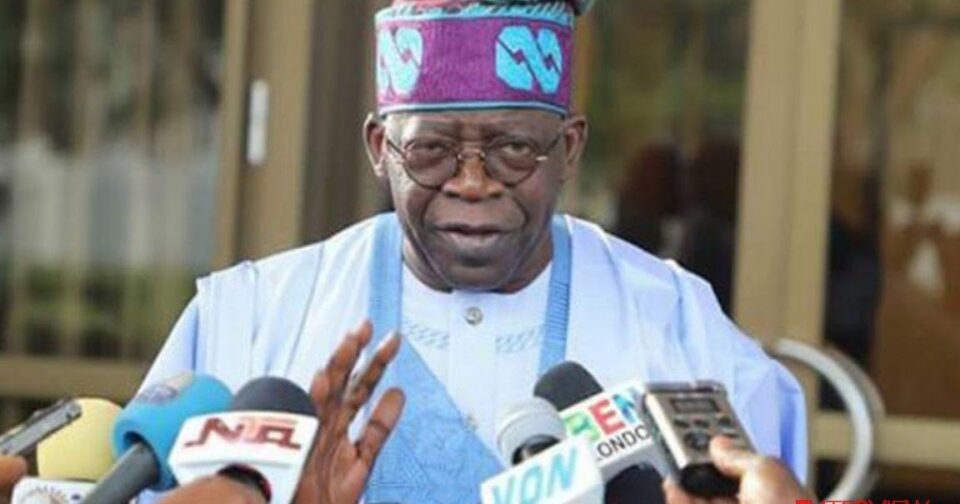By DAYO ADESULU
Introduction of Nigeria Revenue Service Aims to Streamline Tax Collection
President Bola Tinubu is considering a significant reform in Nigeria’s revenue collection framework by proposing the establishment of a single agency, the Nigeria Revenue Service (NRS). This initiative aims to enhance revenue generation efficiency by barring existing revenue-collecting agencies from participating in tax collection activities.
Comprehensive Tax Reform Strategy
This proposal aligns with the Federal Government’s broader strategy to implement fresh tax reforms designed to substantially increase revenue collection across the nation. These reforms focus on improving the efficiency of direct tax collection and various levies imposed on behalf of the government. As part of this initiative, the Nigerian Customs Service, the Nigerian Ports Authority, and over 60 other revenue collection agencies would be prohibited from revenue collection, with their functions transferred to the newly established NRS.
Legislative Action and Proposed Changes
On Thursday, President Tinubu submitted four executive bills to the National Assembly for consideration, aimed at implementing these significant tax reforms. One of the key proposals includes renaming the Federal Inland Revenue Service (FIRS) to the Nigeria Revenue Service. However, a source from the Presidency clarified that this change would not result in a merger of agencies but rather a transfer of revenue collection responsibilities to the NRS.
Details of the Proposed Legislation
The legislation, titled the Nigeria Revenue Service (Establishment) Bill, aims to repeal the Federal Inland Revenue Service (Establishment) Act of 2007 and establish the Nigeria Revenue Service as the sole agency responsible for assessing, collecting, and accounting for government revenue. Alongside this bill, three additional tax reform bills were submitted to the National Assembly:
1. **Nigeria Tax Bill**: Aims to create a consolidated fiscal framework for taxation in Nigeria.
2. **Nigeria Tax Administration Bill**: Seeks to establish a clear legal framework for the fair and efficient administration of tax laws.
3. **Joint Revenue Board (Establishment) Bill**: Proposes the creation of a Tax Tribunal and a Tax Ombudsman to harmonize and resolve disputes arising from revenue administration.
Addressing Nigeria’s Revenue Challenges
Nigeria faces a pressing revenue challenge, with a current tax-to-GDP ratio significantly below the African average and among the lowest globally. The government aims to achieve a minimum tax-to-GDP ratio of 18%. The ongoing fiscal deficit and reliance on borrowing for public spending highlight the urgency of these reforms.
Stakeholder Reactions and Implications
Reactions to the proposed reforms have been mixed. While some stakeholders support the move towards a centralized revenue collection system, concerns have been raised about the feasibility of transferring these responsibilities from established agencies like the Customs Service. Critics argue that revenue collection requires specialized knowledge and training that may not be easily replicated within a new agency.
Dr. Eugene Nweke, former National President of the National Association of Government Approved Freight Forwarders, expressed skepticism about the bill, emphasizing the technical nature of revenue collection and the expertise of existing agencies. In contrast, officials from the Nigeria Customs Service indicated they were not aware of the proposed bill.
Conclusion: A Vision for Economic Growth
President Tinubu has expressed confidence that the proposed tax reforms will foster a more effective and transparent fiscal regime, promoting taxpayer compliance and stimulating economic growth. As the National Assembly deliberates on these bills, the outcome will significantly impact Nigeria’s fiscal landscape and its ability to fund essential public services and infrastructure development. The proposed reforms not only aim to enhance revenue collection efficiency but also strive to create a fairer tax system that protects vulnerable populations while ensuring that wealthier individuals contribute their fair share.


